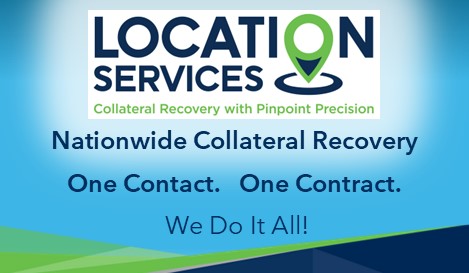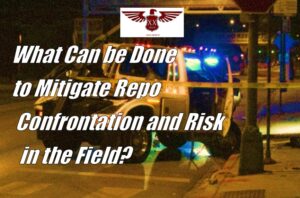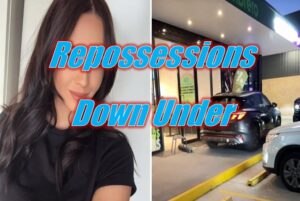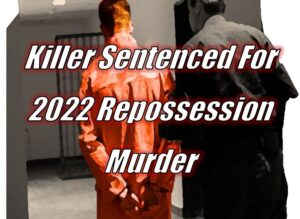
GUEST EDITORIAL
1 May, 2020 – Many would say – “Repossessing Ain’t Easy” and they would be right….even on a good day. Add in COVID19 concerns, threats of moratoriums, stay at home orders and existing laws on the books that make things more difficult and it is a wonder at all that anyone wants or tries to remain in this business.
Add to it that between cameras being on tow trucks and spotter cars (which could be subpoenaed in the event of a lawsuit), in the literal hands of virtually everyone (debtor, debtor’s family and debtor’s neighbors) and more and more commonly part of doorbells and home security systems – you should ALWAYS assume you are being watched…and recorded.
Repossession is made more difficult in places Wisconsin, Louisiana, and in the states of Massachusetts and Rhode Island in particular because of laws on the books like this:
Mass. Ch. 255: § 13J Repossession of collateral under a consumer credit transaction; hearing; redemption; disposition; deficiency; insurance proceeds; determination of value
(a) Subject to the provisions of this section a secured creditor under a consumer credit transaction may take possession of collateral. In taking possession the secured creditor under a consumer credit transaction may proceed without a prior hearing only if the default is material and consists of the debtor’s failure to make one or more payments as required by the agreement or the occurrence of an event which substantially impairs the value of the collateral, and only if possession can be obtained without use of force, without a breach of peace and, unless the debtor consents to an entry, at the time of such entry, without entry upon property owned by, or rented to the debtor.
Now, COVID19 brings another level of scrutiny and difficulty to the process. We are already seeing a trend in demand letters coming in from consumer law groups in California and from the Northeast who target repossessors for violating COVID19 restrictions and accusing those repossessors of going on to private property and getting the police involved in the repossession process.
The allegations end up being essentially a boiler plate template and are a collection of issues that they throw against the wall to see what sticks – and now they’ve added COVID to the mix. They are looking for quick settlements and often get them because it is cheaper to settle than to defend and it is at times necessary to settle when the recorded activities by repossessors and others would show potential breaches of peace or wrongful repossessions – repossessors not leaving when the debtor or a 3rd party say to stop or when police show up on the scene – even if the officer says the repossessor can take the vehicle. Whenever law enforcement is involved or on scene, you should leave the vehicle and come back another time, continuing is just inviting a lawsuit and the police department or individual officers could also get named.
These are still unprecedented times the industry is facing, so we wanted to make sure that you were aware of the tactics that some consumer-friendly attorneys will be using. This will be something that consumer attorneys continue to focus on as it will play into the confusion of these times and on everyone’s fears of the unknown and emotions in trying times.
While these types of demand letters have been received in California, Wisconsin and Massachusetts, it is only a matter of time before they begin nationwide, especially in states where there are more consumer-friendly laws. You should make sure to be aware of and are following the requirements and recommendations of officials in your area.










Facebook Comments